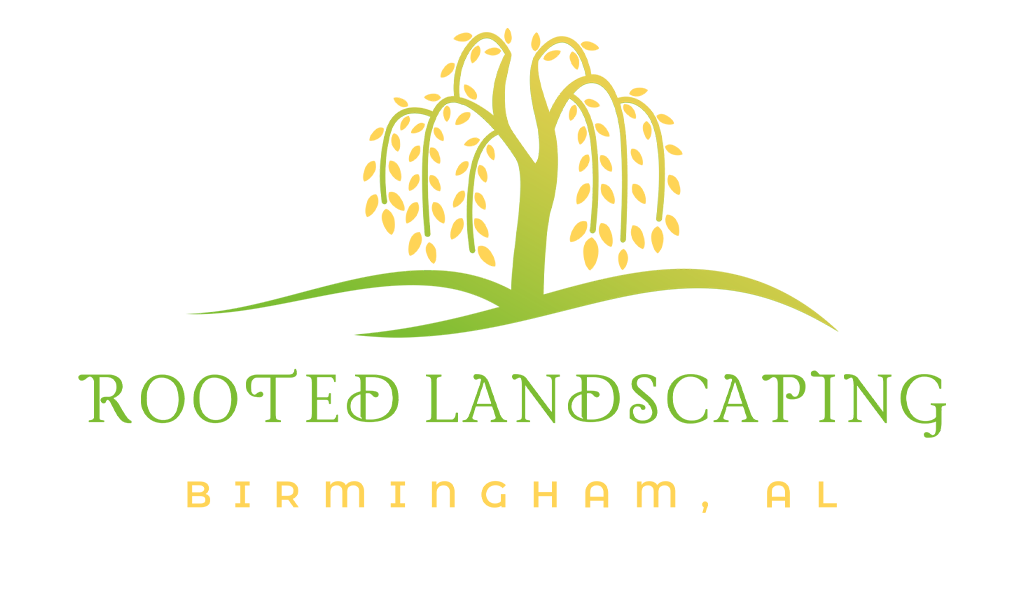Title: Nurturing the Green: The Crucial Role of Soil Health for Lawns in Trussville, AL
Introduction:
A lush, vibrant lawn is not just a beautiful sight to behold, but also a reflection of the overall health of the ecosystem it thrives in. In Trussville, AL, where the warm climate and diverse soil types present unique challenges for lawn care, understanding and prioritizing soil health is crucial for maintaining a green and thriving outdoor space. In this blog post, we will delve into the importance of soil health for lawns in Trussville and explore how investing in soil quality can lead to long-lasting benefits for both your lawn and the environment.
The Foundation of a Healthy Lawn:
At the heart of every healthy lawn lies the soil that supports its growth. In Trussville, the region’s soil composition can vary greatly, from clayey soils that retain water to sandy soils that drain quickly. Regardless of the soil type, ensuring that it is rich in essential nutrients, well-aerated, and properly balanced in pH is key to promoting healthy grass growth. Healthy soil provides a stable foundation for roots to anchor, access to vital nutrients, and proper water retention, all of which are essential for a vibrant lawn that can withstand the challenges of the Alabama climate.
The Benefits of Investing in Soil Health:
1. Improved Nutrient Uptake: Healthy soil teeming with beneficial microorganisms helps break down organic matter into nutrients that are readily available to plants. By nurturing soil health through practices such as composting, mulching, and regular soil testing, homeowners can ensure that their lawns receive the essential nutrients they need to thrive.
2. Enhanced Water Retention: Trussville’s hot and humid climate can lead to water stress for lawns, especially during the dry summer months. Healthy soil with good structure and organic matter content has the ability to retain moisture more effectively, reducing the need for frequent watering and promoting deeper root growth for stronger, more drought-resistant grass.
3. Disease and Pest Resistance: Well-balanced soil with a diverse microbial community can help protect lawns from common pests and diseases that may affect grass health. By fostering a healthy soil environment, homeowners can create a natural defense system that boosts the resilience of their lawns against external threats.
Practical Tips for Improving Soil Health:
– Conduct a soil test to determine the pH level and nutrient content of your lawn’s soil.
– Incorporate organic matter such as compost or aged manure to improve soil structure and fertility.
– Practice core aeration to alleviate soil compaction and enhance air and water circulation in the soil.
– Avoid overuse of synthetic fertilizers and pesticides that can harm beneficial soil organisms.
Conclusion:
In Trussville, AL, where maintaining a vibrant lawn can be a rewarding yet challenging endeavor, prioritizing soil health is the cornerstone of successful lawn care. By understanding the unique soil conditions in the region and implementing practices that promote soil health, homeowners can cultivate lush, resilient lawns that not only enhance the beauty of their outdoor spaces but also contribute to a healthier environment overall. Investing in soil health is not just an investment in your lawn—it’s an investment in the future of your outdoor oasis.


